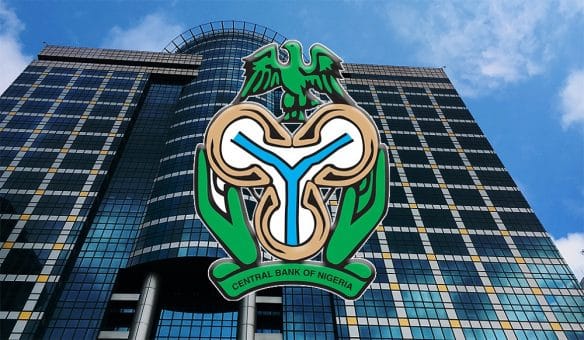Money supply goes up by 18% to N110.97trn as Nigerians ramp up savings
Money supply goes up by 18% to N110.97trn as Nigerians ramp up savings
Nigeria’s Money Supply (M2 ) rose by 18.3 percent year-on-year, YoY, to N110.97 trillion in January 2025, from N93.77 trillion in the corresponding period of 2024 following increased savings in investment instruments by Nigerians.
The CBN disclosed this in its Money and Credit Statistics data released yesterday which showed that the increase in money supply was driven by a 21 per cent surge in volume of money in investment instruments (Quasi Money) such as savings accounts, treasury bills, money market instruments and foreign currency deposits.
According to the CBN, Quasi Money grew by 21 percent YoY to N74.07 trillion from N61.2 trillion in January 2024. Similarly, Demand Deposits increased by 13.6 percent YoY to N32.15 trillion in January 2025 from N28.3 trillion in January 2024.
Currency outside banks increased by 44.5 percent YoY to N4.74 trillion in January 2025 from N3.28 trillion in January 2024. Narrow money (M1), also grew by 16.7 percent YoY to N36.9 trillion in January 2025 from N31.6 trillion in January 2024 In addition to prompting an upsurge in the money supply, the rise in government borrowing, also occasioned 6.0 per cent quarter-on-quarter rise in Nigeria’s total public debt to to N142.3 trillion in the third quarter of last year (Q3’24), according to data by the Debt Management Office, DMO.
Meanwhile, the CBN data showed Credit to the Government (government borrowing) increased by 54 percent YoY to N24.51 trillion in January 2025 from N23.51 trillion in January 2024.
On the contrary, credit to the private sector dropped by 2.09 percent YoY to N74.9 trillion in January 2025 from N76.5 trillion in January 2024. As a result, net domestic credit fell by 0.5% percent YoY to N99.4 trillion in January 2025 from N99.9 trillion in the corresponding period of 2024.
Commenting on this development, analysts at Cowry Asset Management Limited, said the rise in public debt figures was primarily driven by a widening fiscal deficit stemming from the government’s budgetary shortfalls, alongside the continued depreciation of the naira.
They added: “Additionally, domestic debt issuance by the DMO to finance fiscal gaps contributed significantly to the rising debt stock.”
The analysts noted that Nigeria’s fiscal position remains precarious, with heightened risks to economic stability unless structural reforms and revenue diversification efforts yield tangible results.

